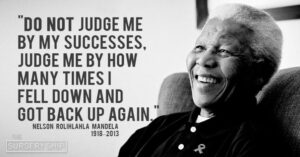

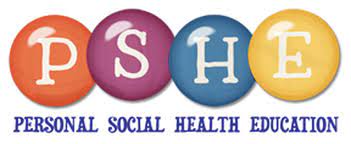
PSHE Leader: Ali Hook
Click here for our Long Term Map for PSHE
PSHE Progression and Skills Document
Petersfield Infant School PSHE Curriculum Vision Statement
Personal, Social, Health and Economic (PSHE) education is a fundamental part of our school curriculum. We at Petersfield Infant School aim to instil a nurturing environment in which each child is encouraged to reach their full potential. We celebrate each child’s uniqueness and encourage mutual respect, responsibility whilst fostering self-esteem in a happy and caring atmosphere. The teaching and learning of PSHE supports and upholds this vision. PSHE is a subject where our pupils develop the knowledge, skills and attributes they need to manage their lives, now and in the future. We strive to provide our children with skills and experiences of how they can become responsible members of society and help them to understand how they are developing socially and personally, whilst also tackling many of the diverse, moral, social and cultural issues that are part of growing up.
We support and encourage our children to articulate their emotions, which aids children to sustain good mental health. One of our main PSHE goals is to ensure that our children believe in themselves so that they can achieve goals, both academic and personal; to stick to tasks even when the reward may be distant or uncertain; and to recover from knocks and challenging periods in their lives.
Safeguarding and Relationship Education are also fundamental aspects of our PSHE curriculum and vision. By the end of their time at Petersfield Infant School, we ensure that we have provided our children with the skills, knowledge and ability to feel well equipped, safe and confident when approached with challenge situations. Furthermore, our children are provided with opportunities to learn about rights and responsibilities, appreciate what it means to be a member of a diverse society and are encouraged to develop their sense of self-worth as they contribute to school life and the wider community.
At Petersfield Infant School we promote SMSC through a wide range of exciting, interactive and fun ways.
A range of examples are detailed below:
| Social
Our social development is how we learn to play together, to co-operate and work together in groups, in our classes, our year groups and in the whole school community. |
Moral
Our moral development is how we learn to understand what is right and wrong. |
|
|
| Spiritual
Our spiritual development is having a sense of awe and wonder of our amazing world. We also reflect on what we do and think about how we can improve |
Cultural
Our cultural development is finding out about and celebrating how other people lived their lives now and in the past. It is also how we do things in our school, our community and our world. |
|
|
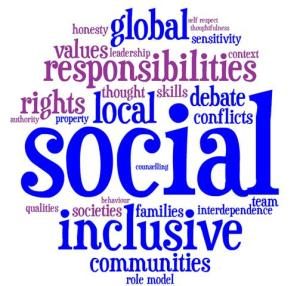
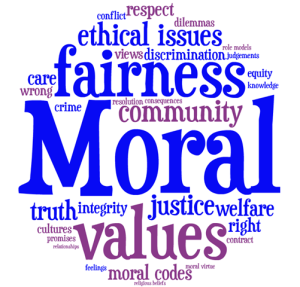
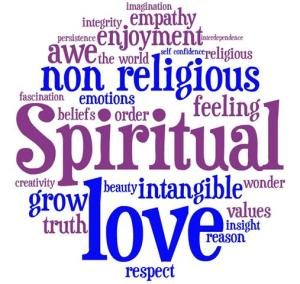
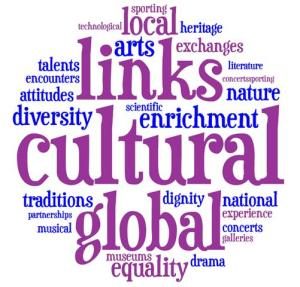
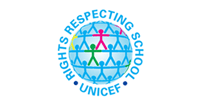
Rights and Respects
The children are introduced to the UN Convention on the Rights of the Child. This provides universal principles of the need to promote and protect the rights of all children.
By beginning to know their rights the children start to understand that the adults around them and they themselves have a responsibility to ensure that these rights are respected.
Children begin to understand that they are citizens in the school, in the local community and in the wider world. This supports them in thinking about and forming moral judgements.
They develop a sense of being connected with other children globally and this helps them to develop the sense of being a global citizen.
Article 28 of the United Nations (UN) convention on the rights of the child states that all children and young people have the right to a primary education, and that young people should be encouraged to reach the highest level of education they are capable of.
What do we do to develop R and R at Petersfield Infant School?
- The children develop class codes
- They hear and are encouraged to use the vocabulary of rights and respect
- We link with schools abroad
- There is planned curriculum time every half term to investigate and understand R and R concepts and ideas
- We teach the children about their rights
- We connect with different local community groups
- We support local and global charities
- Children’s work is displayed
- We have an active School Council who communicate pupil voice to the Senior Leadership
